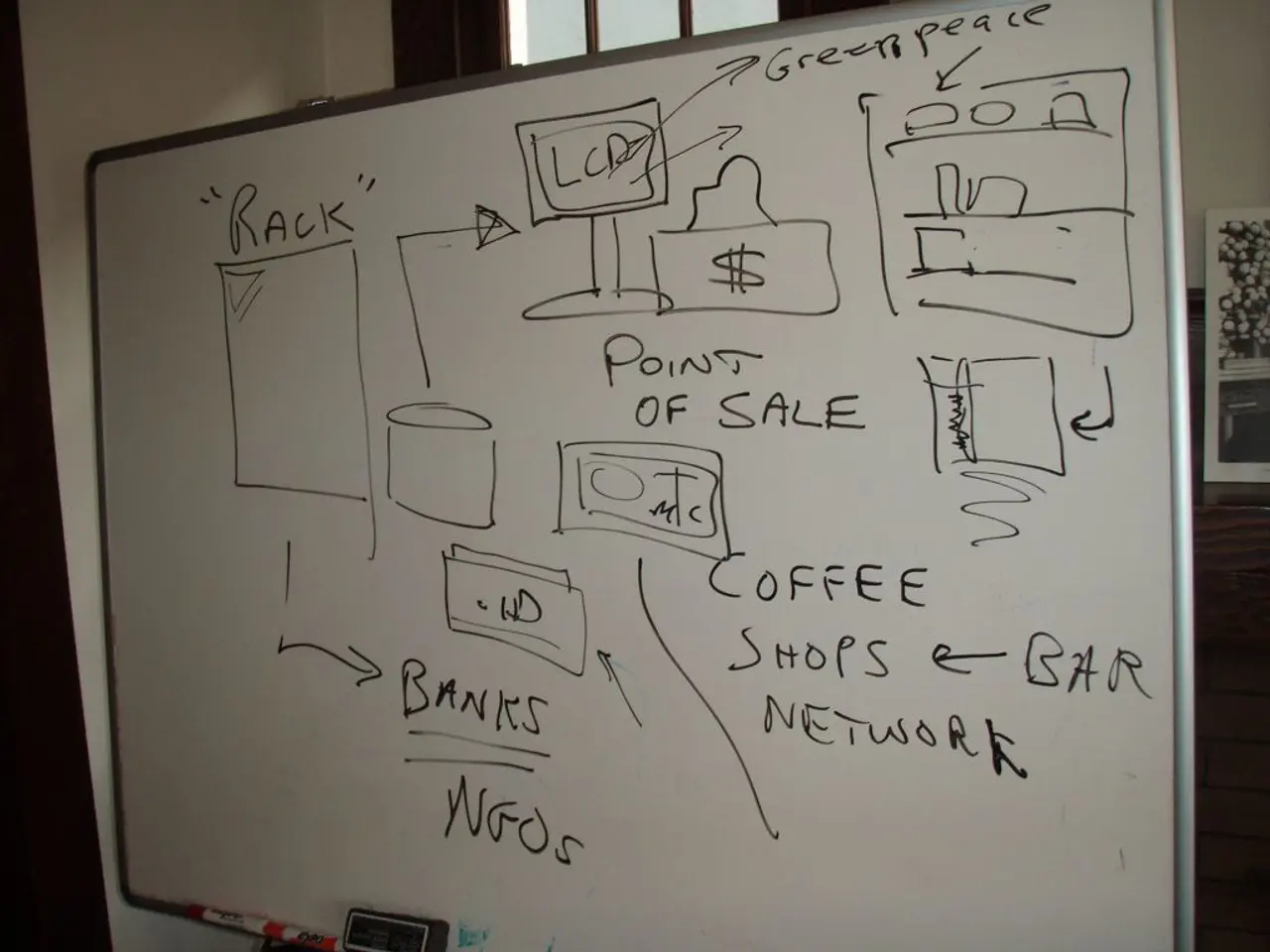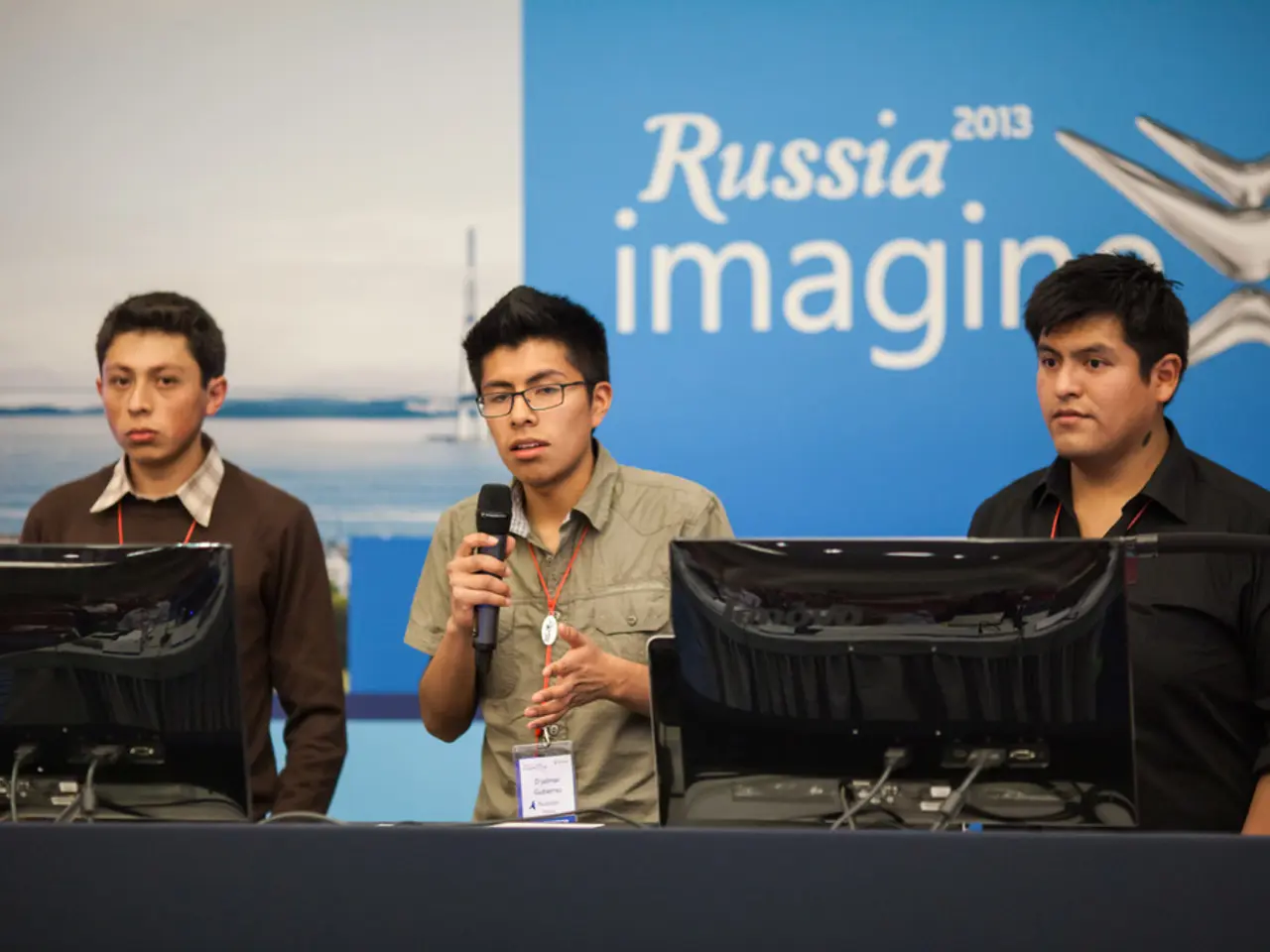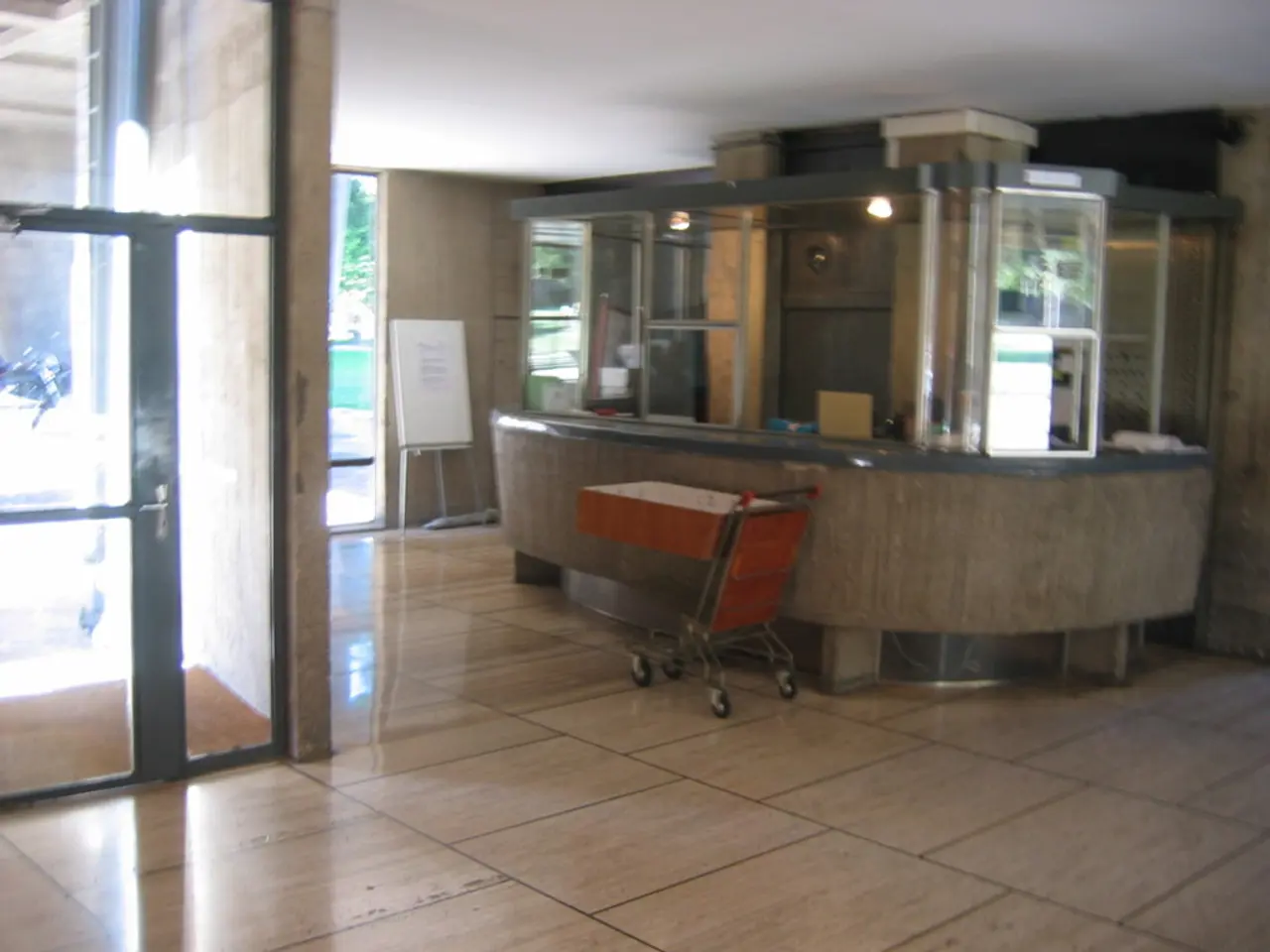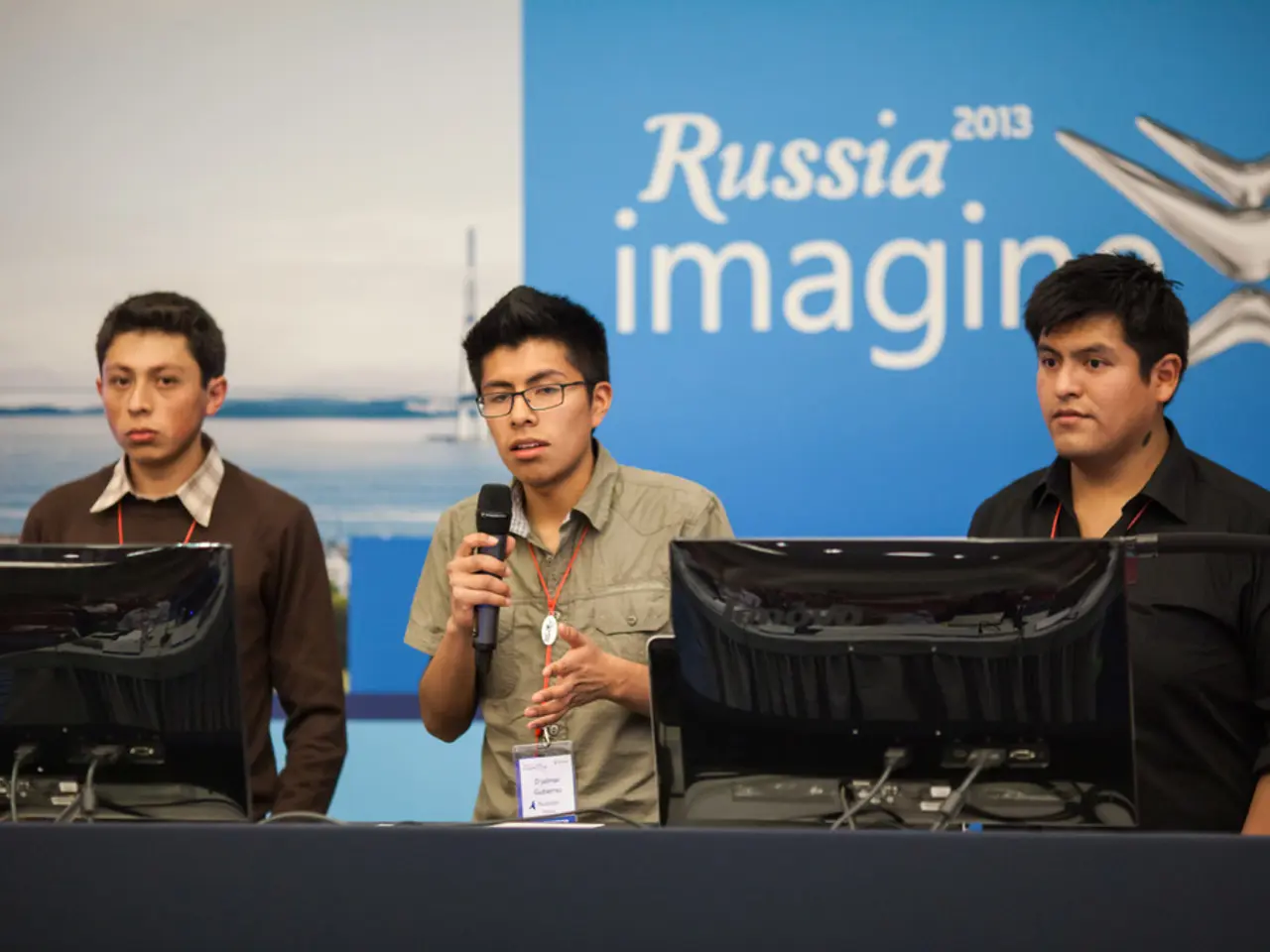Enhancing agricultural product sales in Hanoi through online marketplaces
Hanoi's QR Code Traceability System Boosts Agricultural Modernization
Hanoi, the capital city of Vietnam, is modernizing its agriculture sector through the implementation of a QR code-based traceability system for agricultural and food products. This initiative, available on the digital platform check.hanoi.gov.vn and integrated with the iHanoi app, is designed to enhance consumer trust and facilitate digital trade.
The traceability system has proven effective, with over 14,600 traceability codes issued and the system ready for connection to both the National Product Traceability Platform and the agriculture ministry's traceability system. This transparency has led to a 30% increase in the volume of agricultural products sold via digital platforms in 2024 compared to the previous year.
The QR code system provides consumers with a reliable mechanism to verify the origin and quality of products, thereby building strong consumer confidence and trust. This increased trust has resulted in prices up to 30% higher for products with traceability certification, making them more likely to gain entry into modern distribution channels like supermarkets, convenience stores, and e-commerce platforms.
The initiative supports a strategic shift towards digital marketing and sales, enabling producers to promote their products on social media and online channels, significantly increasing brand visibility both domestically and internationally. This digital integration fosters a more efficient and resilient agricultural system by reducing information asymmetry and streamlining supply chain transparency.
Moreover, the traceability system aligns with global standards on food safety and sustainability, encouraging producers to adopt responsible practices. This contributes to a more sustainable agricultural sector by enabling better monitoring of production areas and adherence to environmental standards, as well as linking with national traceability efforts and international markets.
The city's efforts to promote agricultural products through digital platforms are a strategic move towards agricultural modernization. In 2024 alone, over 1,000 farming households and 300 cooperatives received digital training in Hanoi. Several cooperatives, such as Chuc Son Safe Fruits and Vegetables Cooperative, Cuoi Quy High-tech Organic Vegetable Cooperative, and Thanh Ha Agricultural Services Cooperative, reported annual revenues in the tens of billions of đông through online sales.
The initiatives are delivering real value to producers and building consumer confidence in both domestic and global markets. For instance, Trung Giã Agricultural Services and General Business Cooperative manages nearly two hectares of vegetables cultivated under VietGAP and organic farming standards, with its pork products, labelled under the 'Quốc Oai Clean Pork' brand, distributed to restaurants and retail chains in specific districts and inner wards of Hanoi, generating an estimated VNĐ1.5 billion (US$58,000) in yearly revenue.
In addition, Đông Tâm Livestock and Service Cooperative operates a biosecure pig farming system with over 1,000 pigs. Hanoi's new generation of 'digital farmers' is emerging in communes like Ba Vi, Me Linh, and Sooc Son, who manage, promote, and sell their own products online without relying on intermediaries. These models are concentrated in communes like Gia Lâm, Mê Linh, Đông Anh, Yên Bài, and Chương Mỹ Ward.
Hanoi aims to standardize agricultural databases, including information on land use, crops, livestock, and aquaculture, and promote key local products on national and international e-commerce platforms. The city provides early-stage support for cooperatives in labelling, brand identity, and e-commerce training.
In conclusion, Hanoi's QR code traceability implementation modernizes the agricultural sector through digital adoption, increases operational efficiency by enabling transparent and real-time product tracking, fosters environmental and social sustainability, and enhances consumer trust and market competitiveness for local producers.
- The boost in agricultural modernization in Hanoi, brought about by the QR code traceability system, is aligning with global standards on AI, food safety, and sustainability, encouraging producers to adopt responsible technologies.
- The transparency provided by the QR code system has led to a significant surge in trade and finance, with producers able to sell their products via digital markets like supermarkets, convenience stores, and e-commerce platforms.
- The traceability system's integration with the National Product Traceability Platform and the agriculture ministry's traceability system has expanded the reach of Hanoi's agricultural products, opening up new opportunities for international trade and business.
- The cultural shift towards digital marketing and sales, facilitated by the traceability system, is bridging the gap between traditional farming practices and cutting-edge technology, thereby fostering a modern and resilient business environment.
- The success of Hanoi's QR code traceability system in boosting consumer trust and market competitiveness could serve as a model for other cities looking to modernize their agricultural sectors through digital adaptation.




